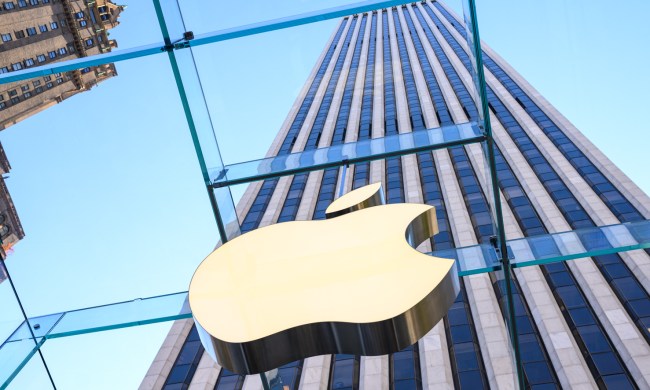Apple isn’t the only company being forced to look back through its books at the way stock option grants were handed out to employees and executives over the last few years—more than 80 companies are being probed by the SEC or conducting their own investigations, including Computer Associates, Altera, CNET Networks, Intuit, RSA Security, VeriSign, and others—but Apple seems to be the one company everyone’s watching. And now Apple has publicly stated its internal investigation has uncovered additional issues and the company will likely have to restate its corporate earnings for periods dating from September 29, 2002, and onwards—the time during which Apple’s fortunes shot skyward, powered in part by the iPod craze.
There’s nothing unsual, unethical, or illegal about a company granting its employees stock options as a form of compensation or bonus. The current stock option issues all concern "backdating" those grants. Basically, when granting the options, the companies go back in time and pick a date when the company’s stock price was comparatively low compared to the current price; as a result, the stock grants have a higher valuation to employees than they would have had if they’d been issues on the day the grants were actually approved. Backdating stock options is not necessarily illegal—particularly if companies do it transparently and with disclosure—but there are several circumstances where the practice could violate security and exchange regulations or expose the companies to civil or even criminal legal action.
Apple has hired independent counsel to perform an investigation of its option grants, and says it is delaying the filing of its Form 10-Q with the Securities and Exchange Commission for its most recent fiscal quarter. Apple says it has not determined the extent to which its previous earnings statements might have to be amended, but hopes to resolve the issues as soon as possible. Analysts have previously assessed Apple’s situation regarding backdated stock option grants as not particularly troublesome, but it’s not known how the company’s more recent findings may alter the situation.


